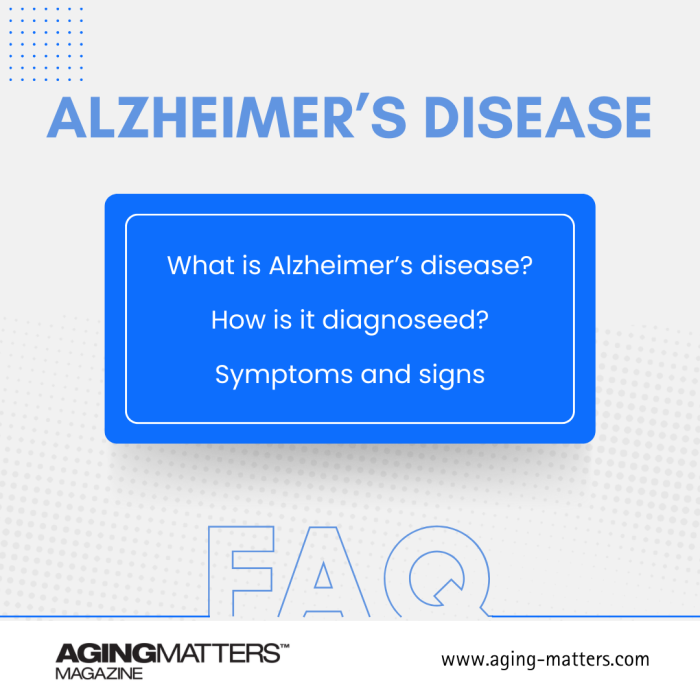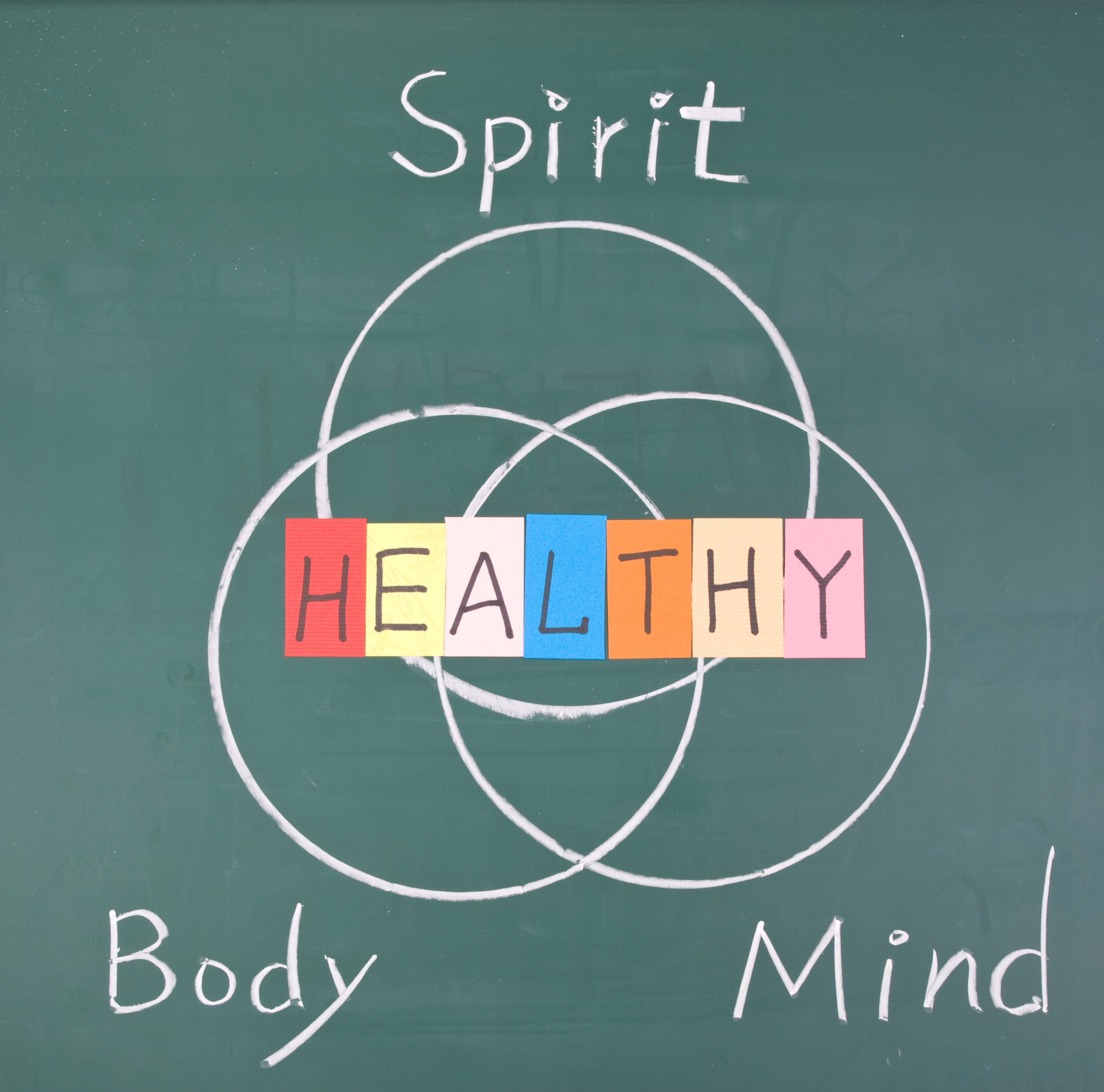
FAQ: Alzheimers disease
July 3rd, 2024The first in our latest FAQ series, this week we are delving into frequently asked questions about Alzheimer’s disease. Whether you have a loved one who has been diagnosed, or have been diagnosed with this condition yourself, our informative FAQ is here to help.
All about Alzheimer’s disease
What is Alzheimer’s disease?
A neurodegenerative disease affecting a person’s memory, cognition, physical abilities and behaviour. It is progressive, and the most common cause of dementia.
How is it diagnosed?
Clinical diagnosis and testing
There are a number of clinical tests that can be conducted should Alzheimer’s be suspected. These include:
- Cerebrospinal fluid test, measuring amyloid and tau proteins. Most often used if symptoms are rapidly increasing.
- Brain imaging – to see if degeneration appears in brain scans and to rule out other potential causes such as tumors or strokes. The most common brain imaging techniques are MRI, CT and PET scans.
- Lab tests – to rule out other problems such as thyroid disorders or vitamin deficiencies.
Tests you can do at home
If you have concerns about Alzheimer’s, either for yourself or a loved one, there are some tests you can do at home to help support your concerns when speaking to a health professional.
- Self-Administered Gerocognitive Exam (SAGE) – this is a free online screening tool developed by Ohio State University that helps to detect cognitive issues.
- The UK based website UK Dementia Directory have a “Do at Home Dementia Test” page which can help to guide you through a range of tests and resources including simple drawing and word association tests. https://www.dementia.co.uk/dementia-tests/do-at-home-dementia-test
Symptoms and signs of Alzheimer’s
Can Alzheimer’s be detected before symptoms appear?
Yes, although this is not very common as there is no routine Alzheimer’s disease testing scheme or one single test to confirm the diagnosis.
Certain factors are identified in the diagnosis of Alzheimer’s including:
- Genetic testing and mutations
- Biomarkers such as tau tangles in the brain and amyloid plaques, as well as tau proteins in the cerebrospinal fluid (CSF).
- Cognitive testing
If Alzheimer’s is detected early can it be stopped?
Sadly no, there is no cure for Alzheimer’s regardless of when it is detected. However, if detected early, medicines can be used to help maintain mental function for longer and slow down disease progression.
What causes Alzheimer’s?
Is Alzheimer’s hereditary or genetic?
Certain genetic factors do increase the risk of developing Alzheimer’s disease, although the risk is small in most people.
Age is still the highest risk factor for Alzheimer’s disease.
Does it run in families?
Whilst Alzheimer’s can develop in an individual who has no previous family history of the disease, research has shown that those who have a parent or sibling with the disease have a higher risk of it developing in themselves.
Can you catch it from someone else?
No, it is not an infectious disease.
How common is Alzheimer’s disease?
It is most common in people over the age of 65, and occurs in around 2% of every 100 65+ individual.
What are the 7 stages of Alzheimers?
Many health professionals believe there are 7 stages of Alzheimer’s progression:
- Stage 1: Before Symptoms Appear – changes appear in the brain but are not detectable by behaviour.
- Stage 2: Basic Forgetfulness – the individual may forget everyday things like where they’ve put an item or someone’s name, but they can still live perfectly independently.
- Stage 3: Noticeable Memory Difficulties – memory lapses become more frequent, and noticeable. They affect more important things like plans, organization, social skills, words and names.
- Stage 4: More Than Memory Loss – at this point, the sufferer will have damage to the brain that affects their daily lives. This can last for many years and will mean the individual needs regular help to maintain their normal life. They may become confused, challenging and see changes in their sleep patterns over time.
- Stage 5: Decreased Independence – as symptoms grow worse, independent living becomes harder. The sufferer may struggle to do everyday tasks like washing, dressing or remembering to eat. They may now have forgotten family members and can experience hallucinations, delusions and paranoia.
- Stage 6: Severe Symptoms – at this point, care will be essential, as everyday living alone will not be possible. Communication such as spoken language may be difficult and frustrations can run high, so a trained care team will be essential.
- Stage 7: Lack of Physical Control – this final stage shows the sufferer losing control of physical functions such as swallowing, bladder control and walking. They may need 24/7 care.
The 7 stages of Alzheimer’s disease
https://www.pennmedicine.org/updates/blogs/neuroscience-blog/2019/november/stages-of-alzheimers
Which part of the brain does Alzheimer’s affect?
Alzheimer’s disease affects various regions of the brain, not just one. These are:
- The hippocampus – this area of the brain is where new memories are formed. It is the place in the brain where Alzheimer’s most commonly starts, leading to memory loss and problems with retaining new memories.
- Cerebral cortex – Alzheimer’s spreads here, affecting brain functions such as planning, decision making and thinking.
- Entorhinal cortex – the area of the brain involved in memory and navigation. Alzheimer’s damage here causes disorientation and spatial memory loss.
- Amygdala – impairment of the amygdala leads to problems with emotional regulation, agitation and anxiety.
- Parietal lobes – these are also involved in spatial awareness and navigation, but more so with recognising familiar faces, places and objects.
- Temporal lobes – Alzheimer’s damage in the temporal lobes is seen with language deterioration, comprehension and difficulties processing auditory information.
Over time, Alzheimer’s leads to widespread brain atrophy, which leads to a wide range of impairments, both cognitive and functional.
How does Alzheimer’s affect your physical health?
Many people think Alzheimer’s is a mental disease, however it does also affect the body. This can include problems with swallowing, bladder control and poor balance.
Can you prevent Alzheimer’s?
No, but ongoing research has shown that living a healthier lifestyle with regular exercise, a good diet, avoiding toxins and keeping active may play a large part in reducing risk of dementia/Alzheimer’s.
Is there a cure?
Sadly, no, although research is ongoing in this field.
Life expectancy of Alzheimer’s sufferers
We can’t comment on the overall life expectancy of someone with Alzheimer’s as this will depend on the age at diagnosis, however the average expectancy for someone who has been diagnosed with Alzheimer’s is around 8-10 years. This can be more or less depending on their age and overall health at diagnosis.
What is “early onset” Alzheimer’s?
“early onset” Alzheimer’s disease is diagnosed if the individual is younger than age 65.
Does Alzheimer’s affect long or short term memory?
Both, but short term memory is typically affected first.
Other health conditions
What is the difference between Alzheimer’s and dementia?
- Alzheimer’s disease is a specific type of dementia.
- Dementia is the term used to describe all symptoms that affect cognition.
Is lack of sleep linked with Alzheimer’s?
Whilst lack of sleep is linked with poorer cognition and mental functioning, it is not safe to say that someone who does not have adequate sleep will go on to develop Alzheimer’s disease. However, someone who does have Alzheimer’s will most likely develop sleep disturbances as a symptom, such as drowsiness in the day and wakefulness at night.
Are migraines linked to Alzheimer’s?
Individuals who have been diagnosed with migraine do have a link with an increased risk of developing Alzheimer’s disease, although the risk is small.
Association between migraine and Alzheimer’s disease: a nationwide cohort study – 2023 https://pubmed.ncbi.nlm.nih.gov/37304073/
Does diabetes increase the risk of suffering with Alzheimer’s?
Ongoing studies in this area have shown that those who suffer with diabetes may have an increased risk of developing dementia – this is part of a large, ongoing study.
What’s the relationship between diabetes and dementia? https://www.health.harvard.edu/blog/whats-the-relationship-between-diabetes-and-dementia-202107122546
Alzheimer’s is often referred to as Type 3 diabetes that may occur due to insulin resistance in the brain.
Other health problems that may present with similar symptoms
There are a range of diseases that present with similar symptoms to Alzheimer’s disease. These include:
- Lewy body dementia
- Vascular dementia
- Cognitive impairment relayed to alcohol or drug abuse
- HIV associated neurocognitive disorder
- Depression
- UTIs
- Thyroid disease
- Diabetes
- Lyme disease
- Vitamin B12 deficiency
Medication & Lifestyle Associations
Alcohol links with Alzheimer’s
Drinking alcohol in moderation is the key overall to reducing any harmful effects this may have. Excessive consumption of alcohol has been linked with Alzheimer’s and dementia. Alcohol in excess amounts interferes with communication pathways in the brain and also affects judgement, speech and balance over time.
Smoking links with Alzheimer’s
Smoking is well known to increase the risk of vascular dementia, whereby poor heart function and blood flow impact brain functioning and cognition. Vascular problems which can be caused by smoking are also linked with Alzheimer’s disease.
Statin links with Alzheimer’s
Statins have been linked with Alzheimer’s in a positive way, reducing the risk of developing the condition by about 30%. However, as with any drug, it is not advisable to take statins as a preventative measure for Alzheimer’s alone, as they come with other health risks such as muscle pain, dizziness, digestive system problems and headaches.
HRT links with Alzheimer’s
Some studies have linked the use of HRT with dementia. This doesn’t mean that taking HRT leads to dementia, but there is a connection between them.
Hormones and dementia risk
Are heavy metals linked with Alzheimer’s?
Exposure and accumulation in the body of environmental toxins such as heavy metals like iron and lead do have a strong association with Alzheimer’s disease.
Common drug links with Alzheimer’s
Benzodiazepines and anticholinergics have both been linked with increased risk of Alzheimer’s and dementia.
Two types of drugs you may want to avoid for the sake of your brain https://www.health.harvard.edu/mind-and-mood/two-types-of-drugs-you-may-want-to-avoid-for-the-sake-of-your-brain
Other questions
Can dogs or cats get Alzheimer’s disease?
Whilst dogs and cats in their senior years can develop cognitive problems (CDS), this is not the same as Alzheimer’s in humans.
Can you take Viagra to help with Alzheimer’s?
Viagra, and other erectile dysfunction drugs may reduce the risk of developing Alzheimer’s disease. However, this should not be taken without caution and proper medical advice, as these drugs can have other adverse effects on the body such as dizziness, indigestion, nausea and headaches.
Driving rules with Alzheimer’s
This will differ based on the country an Alzheimer sufferer lives in, but in general anyone who has symptoms of any cognitive problem that may make them unsafe on the road will be advise to stop driving and give up their driving licence.
This can include problems with judgement, memory or concentration span.
How to deal with Alzheimer’s as a family member
Alzheimer’s disease is an ever-present disease once it has taken hold, and friends and family can struggle to deal with everything that an Alzheimer’s diagnosis brings.
It is important that anyone who is involved in the care and support of an Alzheimer’s sufferer looks after themselves as well as their loved one. This includes:
- Asking for help when needed and joining support groups.
- Taking time where possible for your own needs, hobbies and activities.
- Taking regular breaks
- Exercising, eating well and not drinking/smoking if possible.
Does acupuncture help with Alzheimer’s?
Acupuncture is a relatively new supplemental treatment in the fight against Alzheimer’s, working to protect neurons from deterioration and promoting axonal regrowth to restore synapse function.
Can a special diet help?
- Natural antioxidants such as those found in fresh fruit and vegetables have numerous benefits to the body, one of which may be to reduce the risk of developing dementia.
- The MIND (Mediterranean-DASH Intervention for Neurodegenerative Delay) diet, developed by Dr Marha Clare Morris and colleagues, combines the Mediterranean diet and the DASH diet to focus specifically on brain health.
- Limiting intake of red meat, butter, cheese, sweets, fried/fast food and pastries has been seen to help with cognition.
Peptide links with Alzheimers
Amyloid is a key peptide associated with Alzheimer’s disease; it is suggested that an overproduction of amyloid may be associated with Alzheimer’s progression. Using peptide inhibitors to control amyloid levels may be beneficial.
Will regular exercise help to reduce Alzheimer’s risk?
The Alzheimer’s Society advocate taking regular exercise as a preventative measure for dementia overall; regular exercise can reduce dementia risk by around 28% and for Alzheimer’s specifically, 45%.
Physical exercise to reduce dementia risk
https://www.alzheimers.org.uk/about-dementia/managing-the-risk-of-dementia/reduce-your-risk-of-dementia/physical-activity
Do Alzheimer’s patients know they’re losing their memory?
There is no definite answer to this question. Anyone who has ever struggled to remember a name, a person, an event will know how frustrating that can be and it is seen with dementia that this takes place usually over time, so the individual does not see a sudden and sharp decline in their memory. They tend to be aware over time that they can’t remember or do certain things but often it is put down to other causes.
As Alzheimer’s progresses, the sense of self becomes less, so whilst the individual may still look the same, their mental decline is growing. As this happens, they may be less aware of the changes they are experiencing and indeed less aware of their own personal self – this is often painful for family members.
Which dietary supplements can help?
Whilst taking dietary supplements will not stop or halt Alzheimer’s development, there are a range to consider which will support overall wellbeing, health and cognition.
We would always advise discussing a new or changed supplement routine with your medical professional prior to making any changes.
- Vitamin E
- Vitamin D
- Vitamin C
- Smart drugs/nootropics
- Deprenyl
- Selegiline
- Vinpocetine
- Bromocriptine






